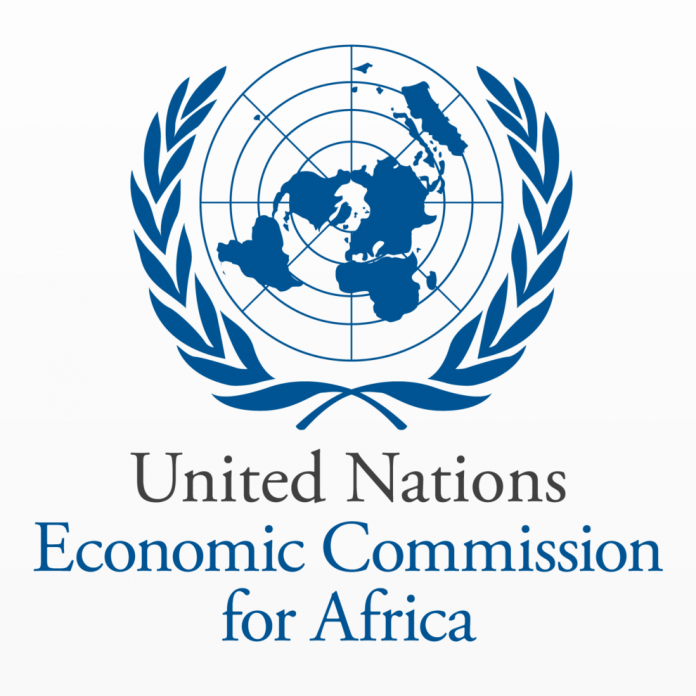Central African countries have launched various stimulus packages to alleviate the impact of the crisis on the population and the economy. However, these measures had only very short-term redistribution effects, with no significant effect on the overall level of production.
If, as ECA (Economic Commission for Africa) had advocated for decades, the countries of Central Africa had invested carefully in the economic diversification and structural transformation of their economies, in particular through the industrialization induced by resources and trade, the under-region would have been among the most advanced blocks in Africa. It would have sufficient budgetary room to cope with contingencies like the Covid-19.
In the aftermath of the epidemic, Central Africa could have started to rebuild better, with a greener economy and jobs, making the most of the natural capital and ecological services of the Congo Basin around the world through smart monetization this asset class and this attraction of innovative financing in the form of green bonds and other impact investments.
Thus, more than ever and in accordance with the Douala Consensus, the post-Covid-19 exit routes must be centered on economic diversification. An appeal that we launched again on June 17, 2020 with the president of the Cemac Commission and the deputy secretary general of ECCAS in charge of physical, economic and market integration. ECA launched the process of harmonization and consolidation of Cemac and ECCAS strategies on industrial development and economic diversification into a single integrated model, the industrial master plan for regional economic development and diversification (regional PDIDE) .
Diversify and pursue the Made in Central Africa label!
We have helped countries seize the opportunities created by Covid-19 to mount and deploy master plans for economic diversification and industrialization that member states in the region have developed or are developing, including national strategies for the AfCFTA.
We have helped Chad to excel in solar energy production and industrial value added in cattle products, rivaling Botswana. The Congo, meanwhile, has become the fertilizer hub of Central Africa, turning its billions of dollars of unprocessed potash into fertilizer. This made Africa a net exporter of food rather than an importer, as was the case during Covid-19.
Cameroon has become a regional leader in agro-industry and the digital economy. Equatorial Guinea accelerated gains in service delivery, R&D in tropical medicine, online education and logistics, thanks to the strength of its excellent infrastructure. Gabon has become a supplier of world class wooden furniture thanks to its break with a recent past where only raw wood was exported.
An inward-looking investment and development approach, anchored in African continental free trade, has propelled the Made in Central Africa label to become a high-quality, high-quality domestic benchmark. To support economic diversification in Central Africa, we have launched a skills revolution, effectively adapting investments in human capital development to the needs of the market and society.
Joining forces to save lives!
It was about promoting intergenerational equity. This is what we in Central Africa had to do to make our children and grandchildren and their generations live in a much better world.
Contrary to what Bill Gates had planned in 2015, the subregion has made investments that have more than ever prepared it to face the systemic crisis of economic and health challenges. A better Central Africa has been built.
The Covid-19 was a deadly, humiliating and deep learning experience unprecedented in recent human history!
The UN has also come out in force, supporting governments in the health and socio-economic response at the global, regional and national levels. The UN Secretary-General urged the world to “work together to save lives, alleviate suffering and alleviate the devastating economic and social consequences” of Covid-19. He called on countries to rebuild better so that after Covid-19 is cleaner, greener, healthier, safer and more resilient.
African finance ministers met under the leadership of ECA Executive Secretary Dr Vera Songwe. This, in light of ECA’s founding report “Covid-19 in Africa: Protecting Lives and Economies”, which provided an early assessment of the socio-economic impacts of the pandemic on Africa and the responses to it bring, to define measures to restore growth and hope on the continent.
These included a $100 billion appeal for economic recovery; 100 billion for the health response; World Bank budget support reinforced by resources; better access to IMF emergency disbursements through its Quick Credit Facility window and other emergency facilities.
Not to mention a two-year moratorium on debt for all of Africa to provide fiscal space to governments suffering from significant income losses; an allocation of special drawing rights (SDRs) to provide additional liquidity for private sector development.
As well as the creation of a common debt fund (FCC) to manage Africa’s commercial debt. Subsequent talks with the G20, the Paris Club, the IMF, the World Bank, private donors and rating agencies have shaped the architecture of Africa’s financial response to the pandemic.
In partnership with the Alibaba group, ECA has also facilitated the access of African SMEs to the electronic world trade platform (eWTP), thus enabling them to access new markets through B2C sales (between companies and consumers) efficient and fast.
This action enabled small brands and products distinct from the continent such as white pepper from Penja, Cameroon or shea butter from Mali and vanilla from the Comoros or Madagascar, which are recognized worldwide, to quickly recover from the pandemic thanks to the increased volume of sales allowed by the platform.
The platform also offered training and support in areas such as e-commerce, logistics, finance, cloud computing and mobile payments.































